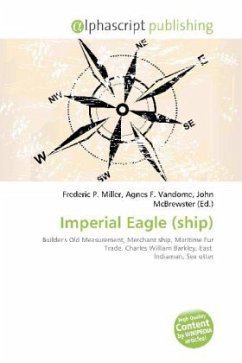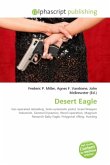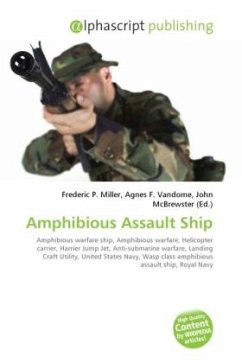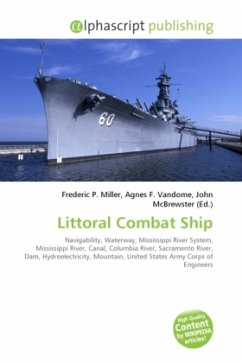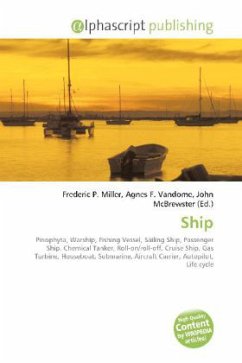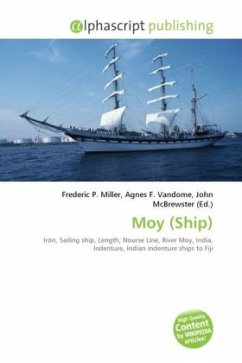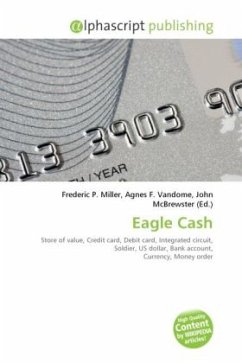Please note that the content of this book primarily consists of articles available from Wikipedia or other free sources online. The Imperial Eagle (originally named Loudoun, also spelled Louden, Loudin, and Lowden) was a 400 ton (Builder''s Old Measurement) British merchant ship that sailed on maritime fur trading ventures in the late 1780s. It was under the command of Captain Charles William Barkley until confiscated in India. The ship, Loudoun, was a decommissioned East Indiaman. It was among the first ships used in the trading system that developed in the 1780s, in which sea otter pelts were collected on the Pacific Northwest coast of North America, through trade with the indigenous peoples, then taken to Guangzhou (Canton) or Macau, China, where they could usually be sold at a profit. The Hawaiian Islands, only recently discovered, were a key way station, with many trading vessels spending the winter there. This maritime fur trading system had originated from the voyages of James Cook, during which the value of sea otter pelts in China was unexpectedly discovered.
Bitte wählen Sie Ihr Anliegen aus.
Rechnungen
Retourenschein anfordern
Bestellstatus
Storno

